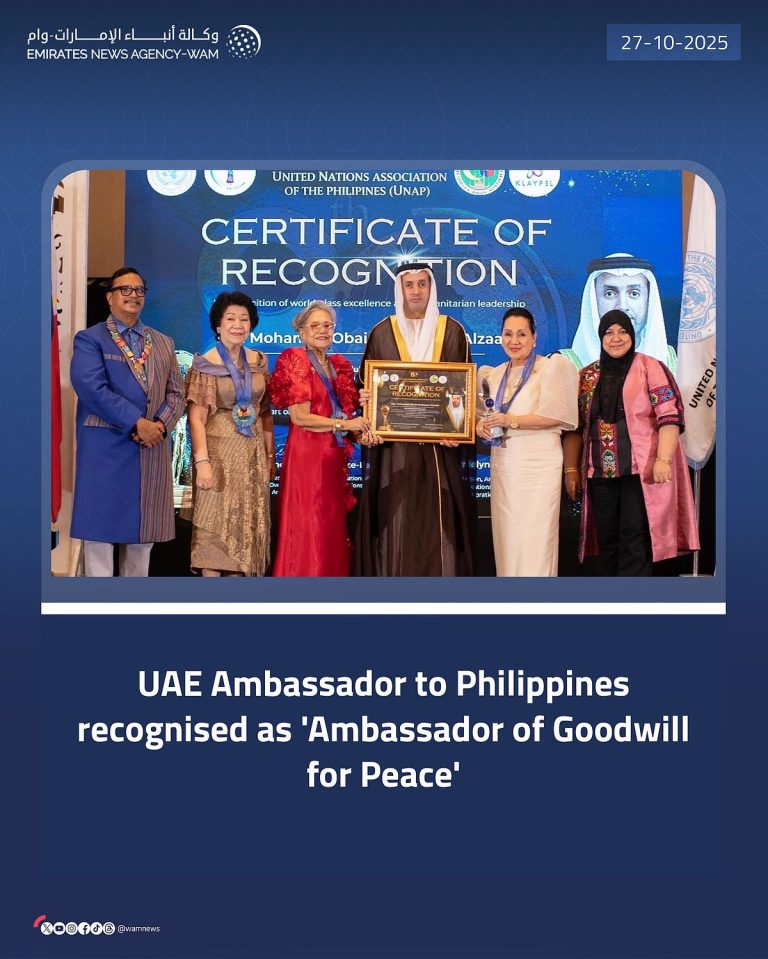Dubai Court Dismisses Dh1M Unfair Competition Claim
A recent ruling by the Dubai Civil Court of First Instance has concluded a high-profile case involving allegations of unfair competition against two former employees of a commercial establishment. The court dismissed a Dh1 million compensation claim, highlighting the importance of concrete evidence in legal disputes related to business practices.
Background of the Case
The lawsuit was initiated by a company that accused three defendants, including two former employees, of engaging in unfair competition, leaking trade secrets, and poaching clients. The plaintiff sought substantial damages, claiming that these actions had adversely affected its business and reputation.
The first defendant had been employed as an accountant and sales manager from 2017 until late 2023, while the third defendant worked as an administrative officer until January 2024. The company alleged that the first defendant had started a competing business in the same sector, purportedly with assistance from the administrative officer, and that both had redirected clients to this new venture while still employed.
Court Findings
The plaintiff’s case was bolstered by a previous criminal conviction of the first defendant, who was fined Dh20,000 for disclosing company secrets. However, the Dubai court appointed an expert to examine the claims further. The expert’s findings were pivotal in the court’s decision to dismiss the case.
The expert determined that there was no direct connection between the plaintiff and the competing business established by the first defendant. Additionally, there was no contractual clause that prevented the employees from starting or joining a competing firm after their employment ended.
Moreover, the court found that the company’s sales had not declined following the establishment of the competing business. In fact, sales figures for 2022 and 2023 showed an increase compared to 2021, the year the new company was founded. The plaintiff also failed to provide audited financial statements or any documentation to substantiate claims of financial loss or diminished profits. Notably, the expert pointed out that interactions between the competing company and two of the plaintiff’s clients occurred only after the defendants had left their positions.
Implications of the Ruling
This ruling underscores the necessity for businesses to have clear contractual agreements regarding competition and confidentiality. It also highlights the importance of providing substantial evidence when making claims of unfair competition. The court’s decision serves as a reminder that allegations must be backed by concrete proof to succeed in legal proceedings.
FAQs
What was the basis of the lawsuit?
The lawsuit was based on allegations of unfair competition, including leaking trade secrets and poaching clients by two former employees of the plaintiff company.
What did the court conclude about the sales figures?
The court concluded that the plaintiff’s sales had not declined after the competing business was established; instead, sales had increased in the years following the formation of the new company.
Did the court find any contractual violations?
No, the court found no contractual clauses that prevented the former employees from starting or joining a competing business after their employment ended.
Conclusion
The Dubai Civil Court’s dismissal of the Dh1 million compensation claim highlights the critical role of evidence in legal disputes involving unfair competition. Companies are encouraged to establish clear contractual agreements and maintain thorough documentation to protect their interests. Moving forward, businesses should be vigilant in safeguarding their trade secrets and ensuring compliance with legal standards to avoid similar disputes.
The ruling also reflects broader trends in the UAE’s legal landscape, where courts increasingly emphasize the need for robust evidence in commercial disputes. As businesses continue to navigate competitive markets, the importance of establishing clear guidelines and protocols for employee conduct becomes paramount. The case serves as a cautionary tale for companies that may overlook the necessity of formal agreements that delineate the boundaries of competition and confidentiality.
Furthermore, the decision may influence how future cases of unfair competition are approached in the region. Legal practitioners and businesses alike may take this opportunity to reassess their internal policies and ensure that they are adequately protected against potential breaches. This case could also inspire a more proactive stance among companies in monitoring employee activities post-employment to mitigate risks associated with unfair competition.
Also Read:
New UAE Regulations Enhance Business Center Compliance







